Nutrition is one of the leading factors related to health, helping to prolong life if you eat right and eat enough. According to experts, a healthy menu or not is often recognized by the way you answer the 5 questions below.
How much starch should be included?
A recent statement from the World Health Organization (WHO) and the Food and Agriculture Organization (FAO) notes that carbohydrates are an essential part of the diet, “providing the body’s main source of energy.” Carbohydrates should make up a minimum of 45% and a maximum of 75% of total daily calories, according to Medical News Today .

Experts recommend limiting sugar intake to less than 5% of total daily calorie needs.
“Adults need at least 130 grams of carbohydrates per day to support normal brain function,” says Michelle Routhenstein, MD, a nutritionist and preventative cardiologist at Entirely Nourished.
In addition, the statement also pointed out that an adult should consume at least 400 grams of fruits and vegetables and at least 25 grams of natural fiber in their daily diet.
“Fiber is not fully digested, it moves through the body to pick up fats and sugars, feed beneficial bacteria in the gut, and remove toxins. A diet high in fiber can help reduce the risk of heart disease and type 2 diabetes,” explains Molly Rapozo, MD, a senior nutrition and health educator at Providence Saint John’s Health Center.
What types of fats should you consume?
While many people think that fats are unhealthy, the WHO and FAO statement emphasizes that “fats are essential nutrients for the normal functioning of cells in the body; of which, linoleic acid (omega-6 fatty acid) and omega-3 fatty acids can only be obtained from the diet.”
In adults, 15 - 30% of daily calories should come from fat, mainly unsaturated fatty acids such as: Walnuts, sunflower seeds and almonds (omega-6), tuna, salmon (omega-3)...
How important is protein?
According to WHO, 10-15% of daily calories should come from protein. However, plant protein sources are more beneficial for adults' cardiovascular and metabolic health.
“Protein helps build muscle, enzymes, and important hormones in the body,” says Rapozo. “Older adults need extra protein to maintain muscle mass and strength, bone mass, immunity, and more. Most healthy older adults — except those with kidney disease — should consume 1 to 1.2 grams of protein per kilogram of body weight per day, which is about 68 to 82 grams for a 165-pound person.”
This total daily protein intake should be broken down into 25 to 30 grams of protein per meal, Rapozo adds, because as you age, your body becomes less efficient at processing protein. Recommended good protein sources: Lean poultry, fish, beans, Greek yogurt, cottage cheese, nuts, and milk (preferably cow's milk, pea milk, or soy milk).
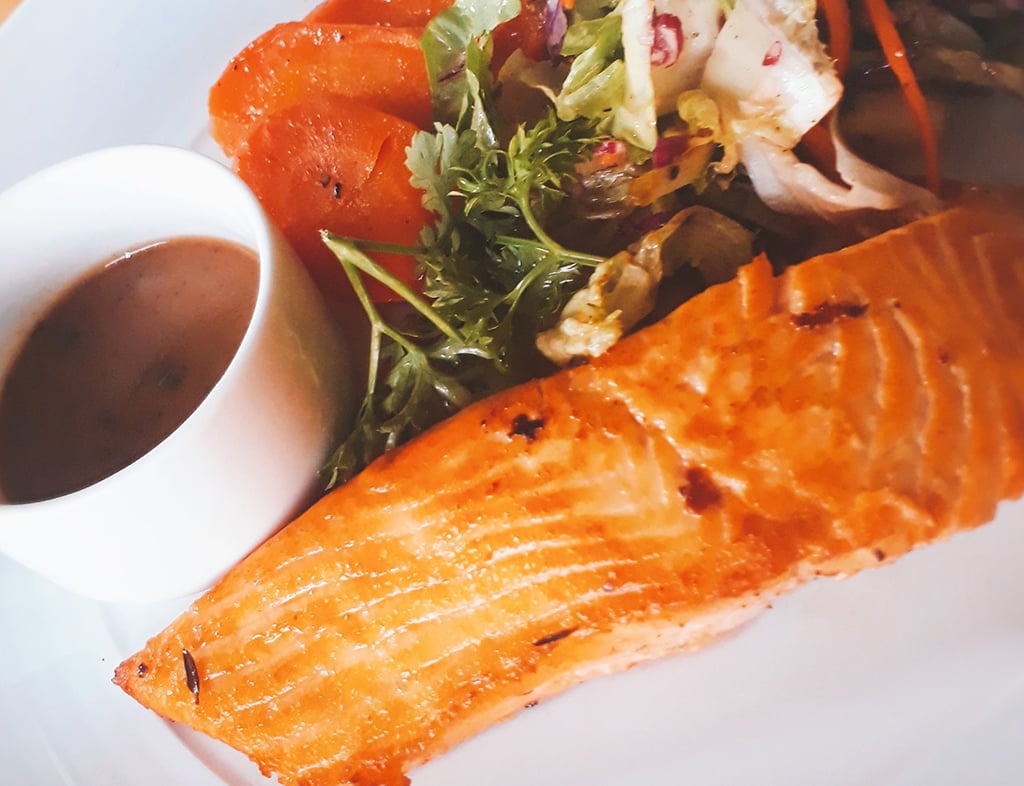
Fatty fish such as salmon, mackerel, tuna... are rich in omega-3 and protein and are recommended as a source of nutritional supplements.
Are you eating processed foods?
Processed foods have undergone industrial processing that “changes the structure of the original food components,” and tend to contain more salt, added sugars, and flavor enhancers. Consuming a lot of processed foods like fast food accelerates the body’s biological aging process, increasing the risk of cognitive decline and stroke.
Why should we limit red meat?
Finally, the joint statement from WHO and FAO emphasizes that red meat, such as pork and beef, can be harmful to health even when eaten in small amounts.
There is growing evidence that red meat contributes to colorectal and other cancers, increases the risk of type 2 diabetes, causes cardiovascular problems and even dementia.
“We can modify our diet to improve brain health by adding more vegetables, fruits, starches, lean proteins, fish and plant fats like nuts, olives and olive oil. Eat less red meat, processed snacks, bacon, sausages, sugar and other refined starches to ensure health,” advises Rapozo.
Consume salt and sugar at safe levels
According to a joint statement by the WHO and FAO, sodium (salt) is an essential mineral and should therefore be included in the diet in moderate amounts. The statement warns that “at high intake levels, sodium increases blood pressure, which can lead to cardiovascular disease”. Therefore, an adult should not consume more than 2 grams of sodium per day, “corresponding to 5 grams of table salt”.
Additionally, sugar is not an essential nutrient; sugar intake should be limited to less than 10% of daily energy intake, preferably less than 5%.
Source: https://thanhnien.vn/5-cach-de-biet-che-do-an-uong-cua-ban-co-lanh-manh-hay-khong-185241120112922614.htm







![[Photo] President Luong Cuong meets with Lao Prime Minister Sonexay Siphandone](https://vstatic.vietnam.vn/vietnam/resource/IMAGE/2025/4/25/3d70fe28a71c4031b03cd141cb1ed3b1)

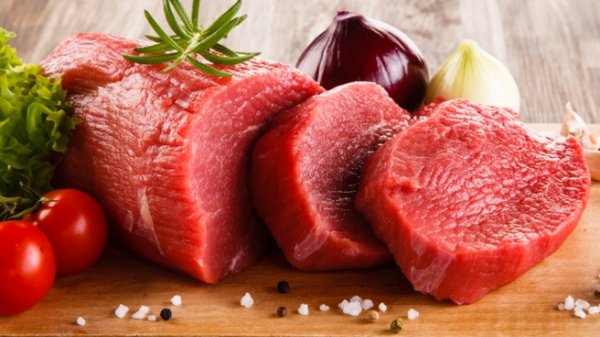

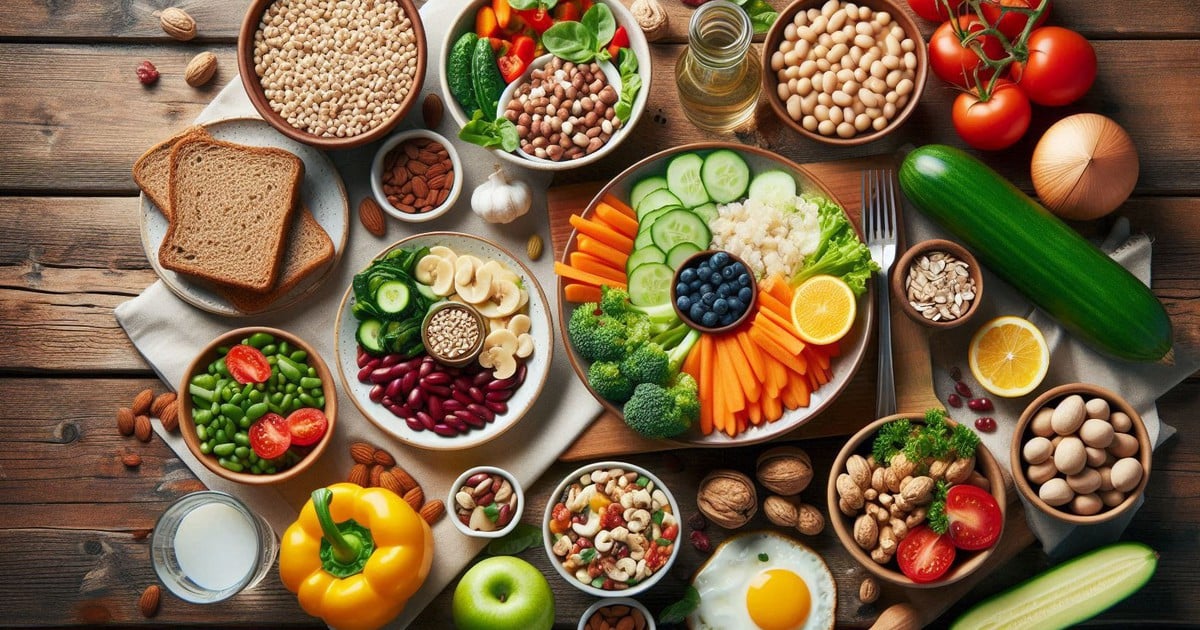
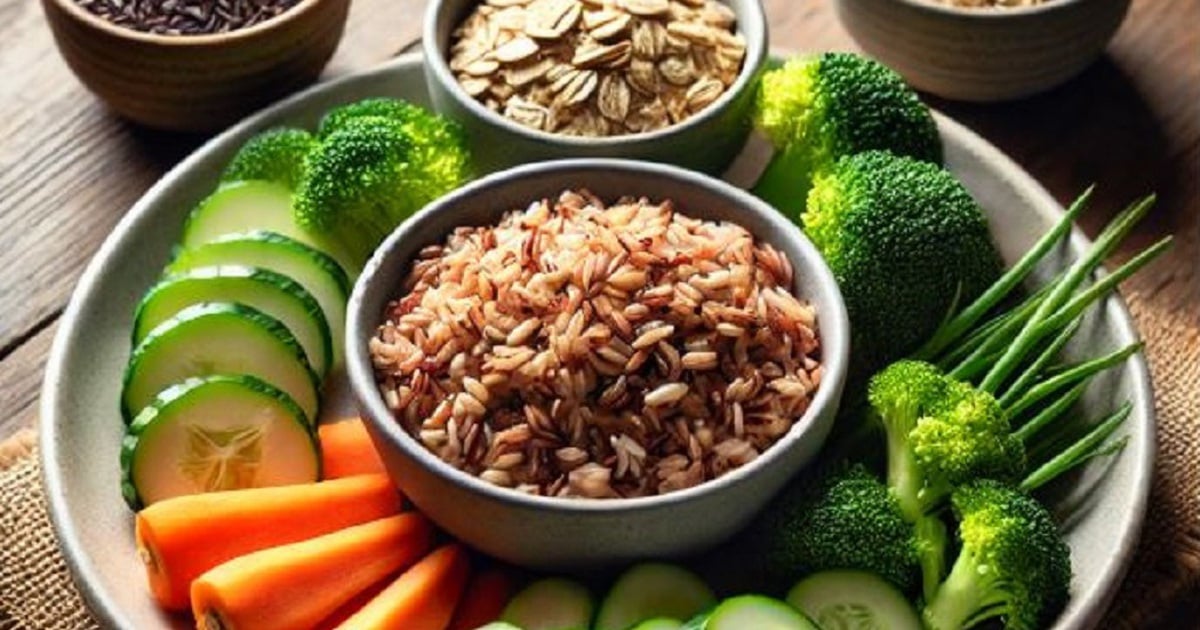

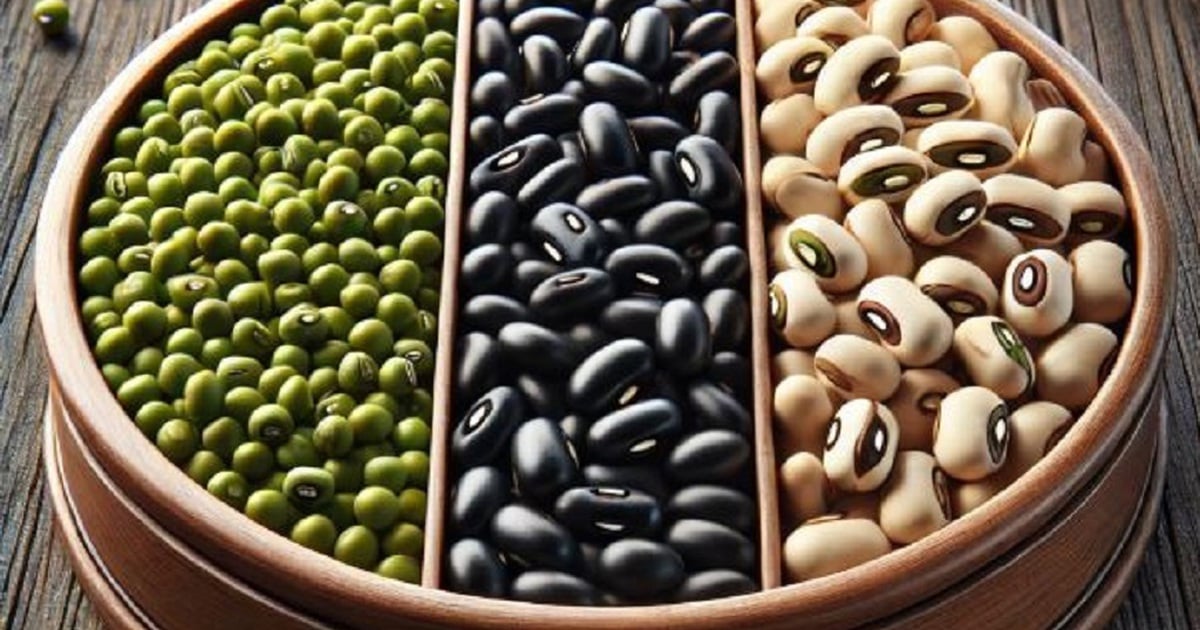
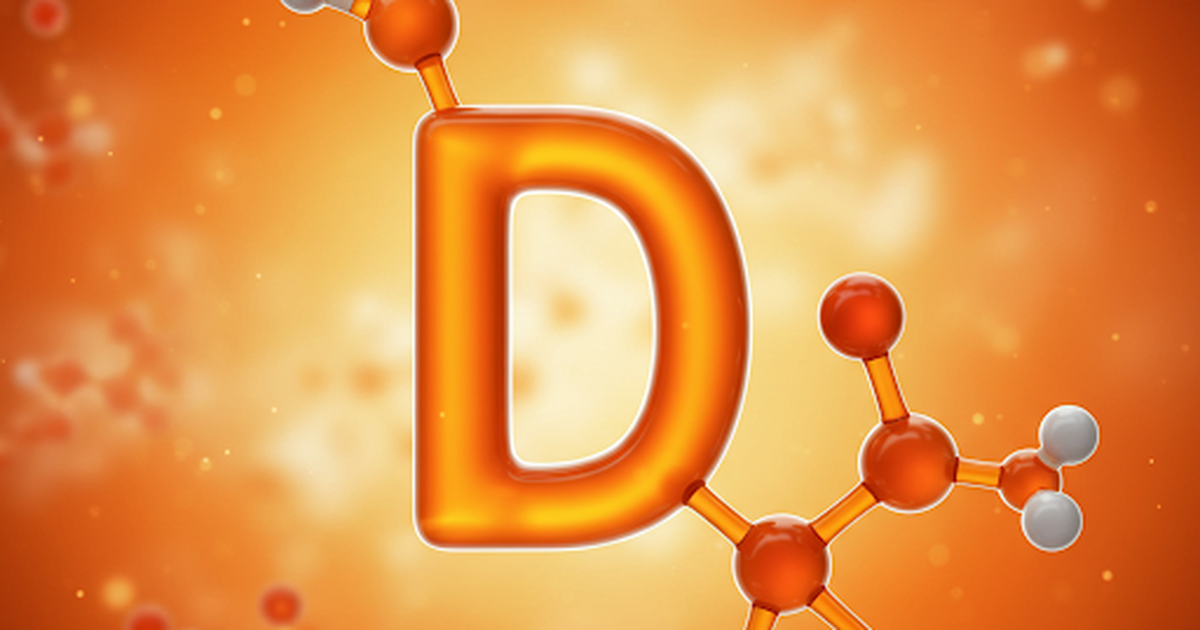
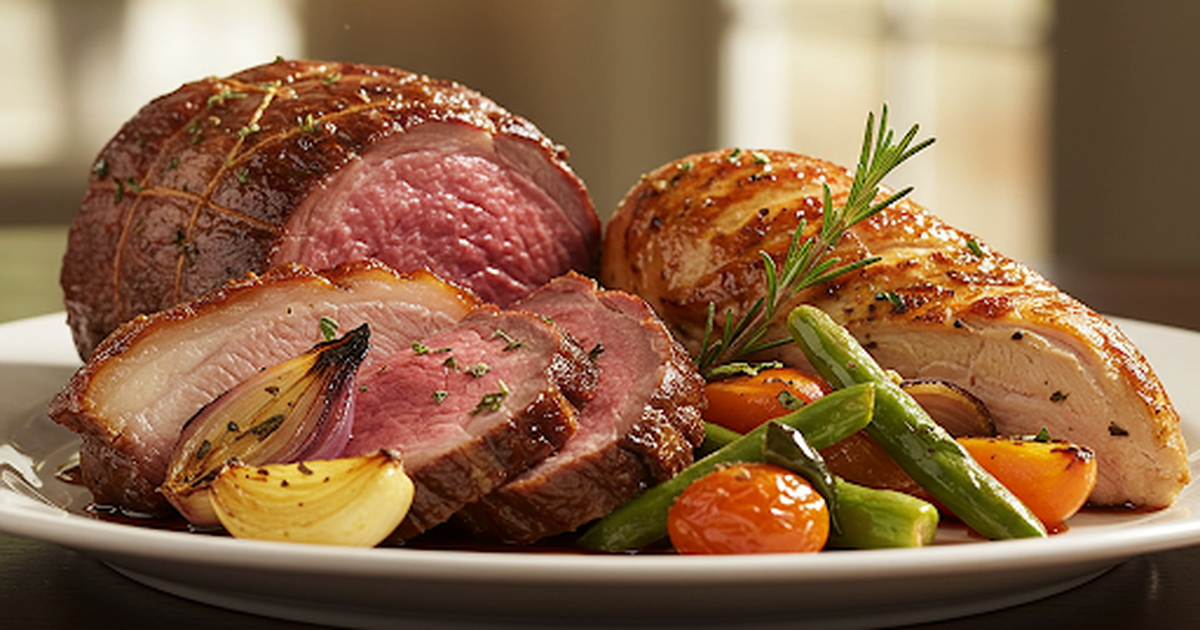

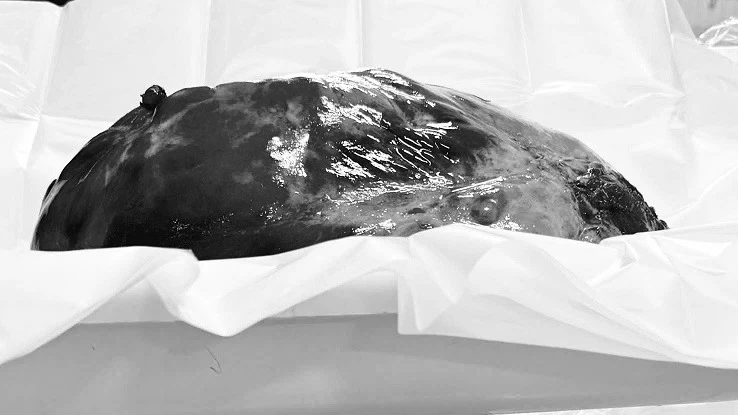
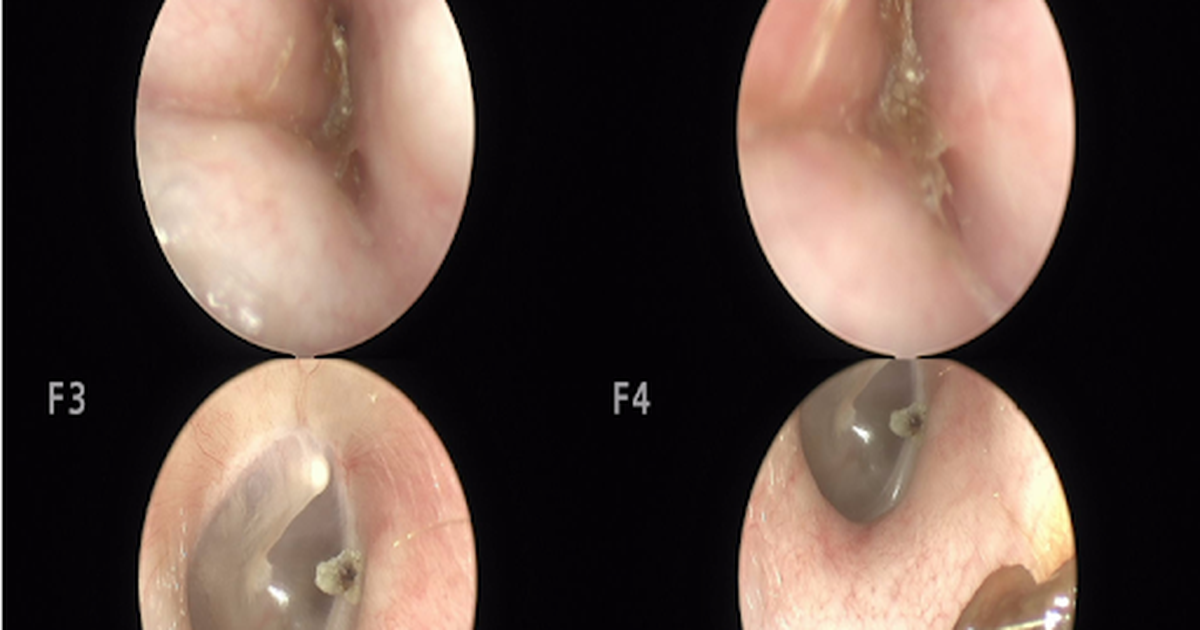







![[Photo] Liberation of Truong Sa archipelago - A strategic feat in liberating the South and unifying the country](https://vstatic.vietnam.vn/vietnam/resource/IMAGE/2025/4/25/d5d3f0607a6a4156807161f0f7f92362)

![[Photo] Ho Chi Minh City welcomes a sudden increase in tourists](https://vstatic.vietnam.vn/vietnam/resource/IMAGE/2025/4/25/dd8c289579e64fccb12c1a50b1f59971)









































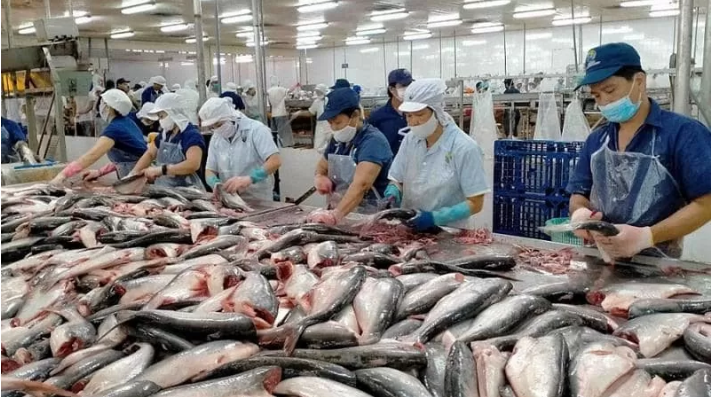






















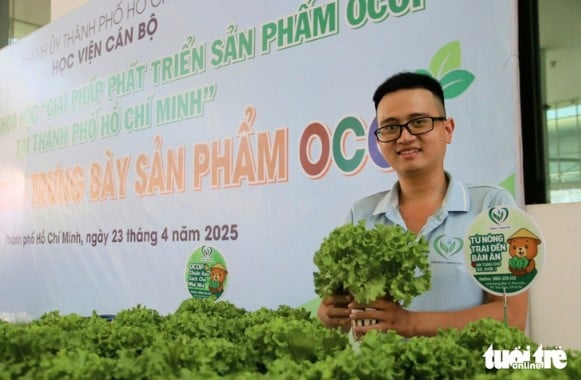

Comment (0)